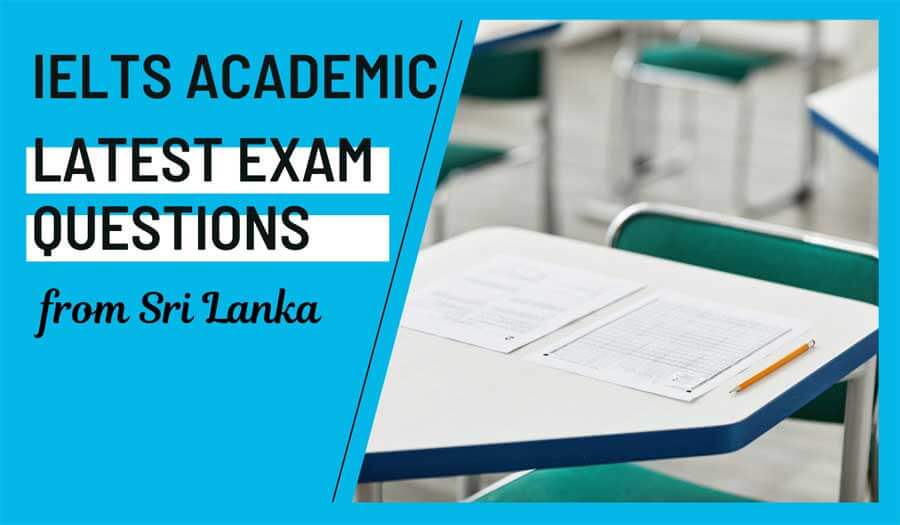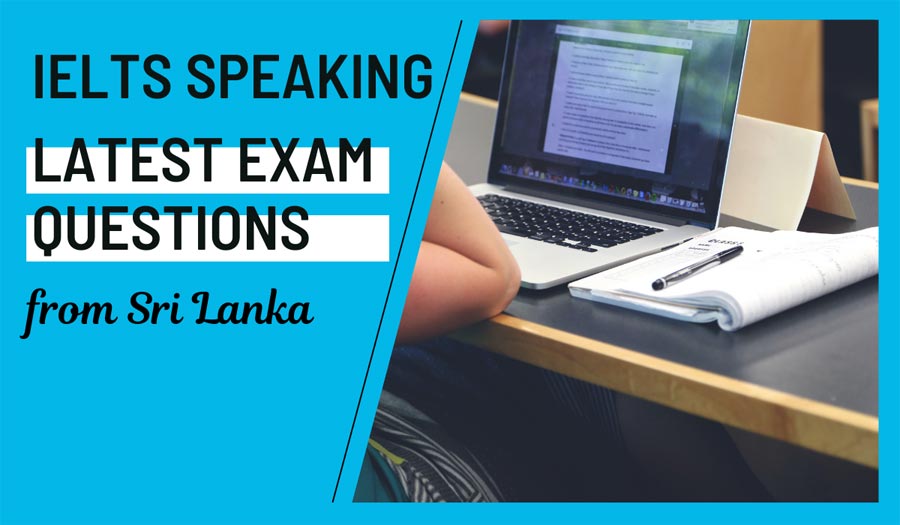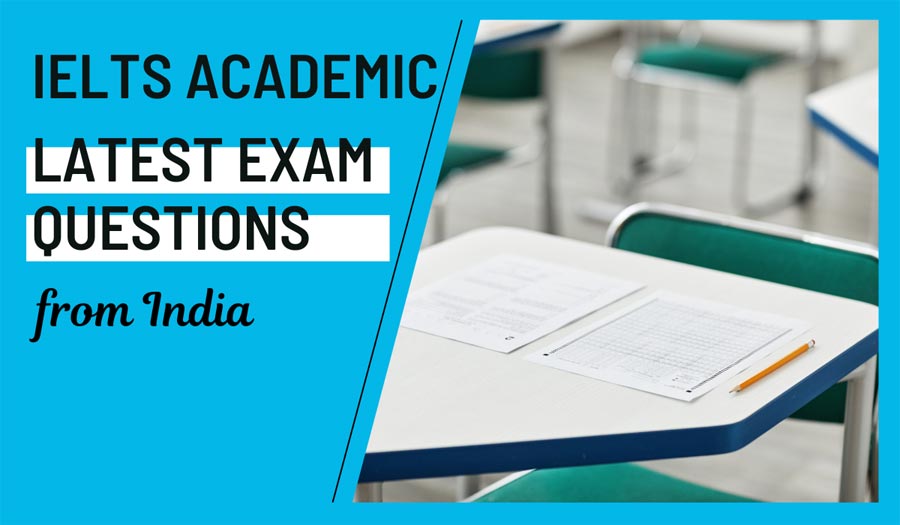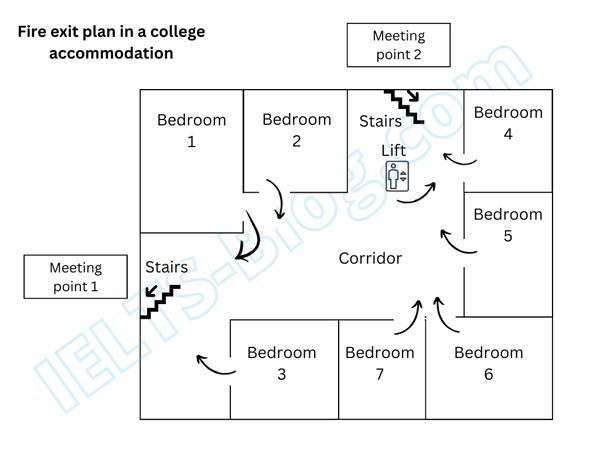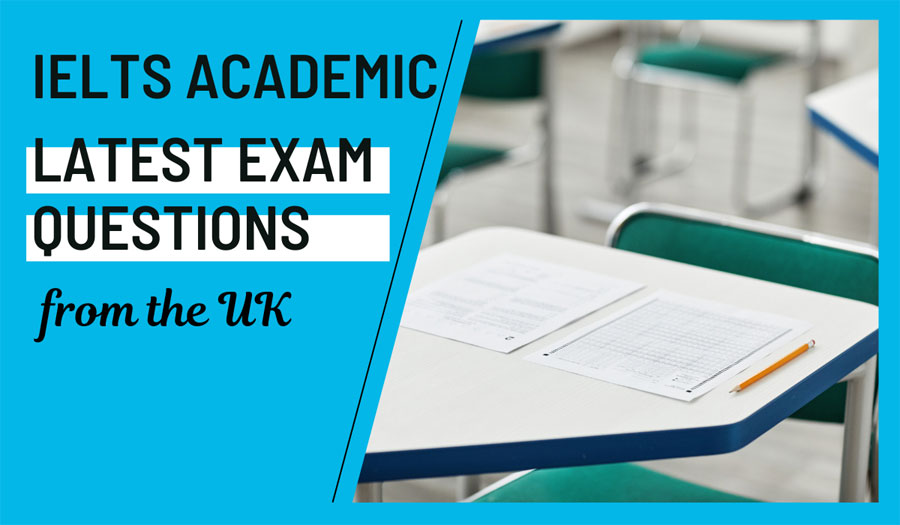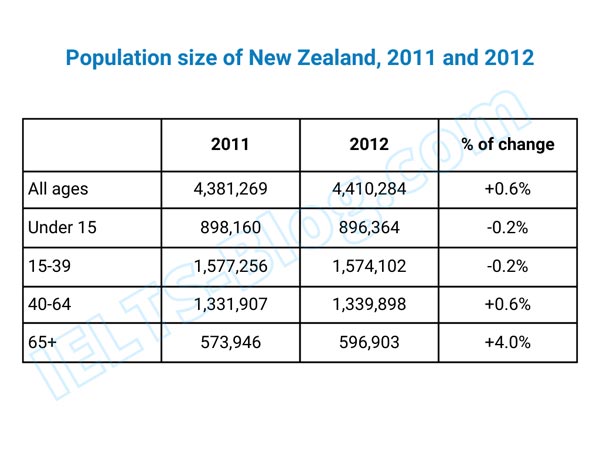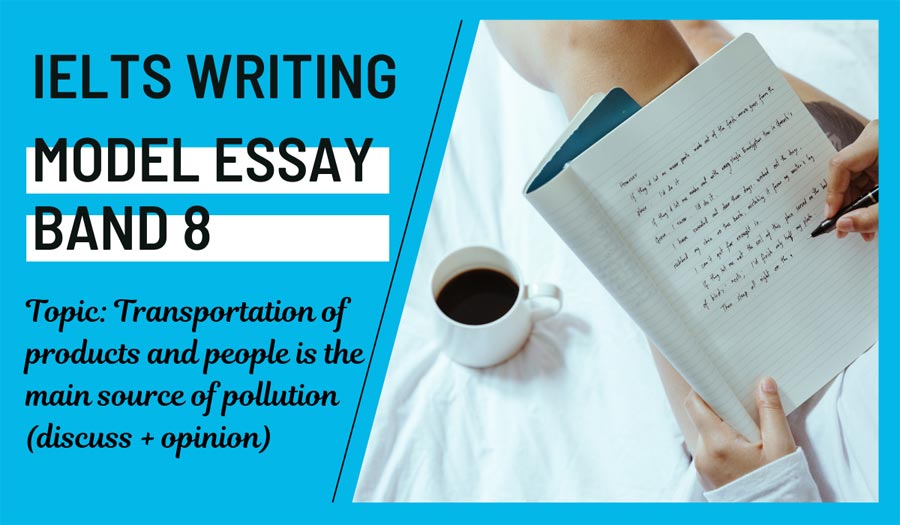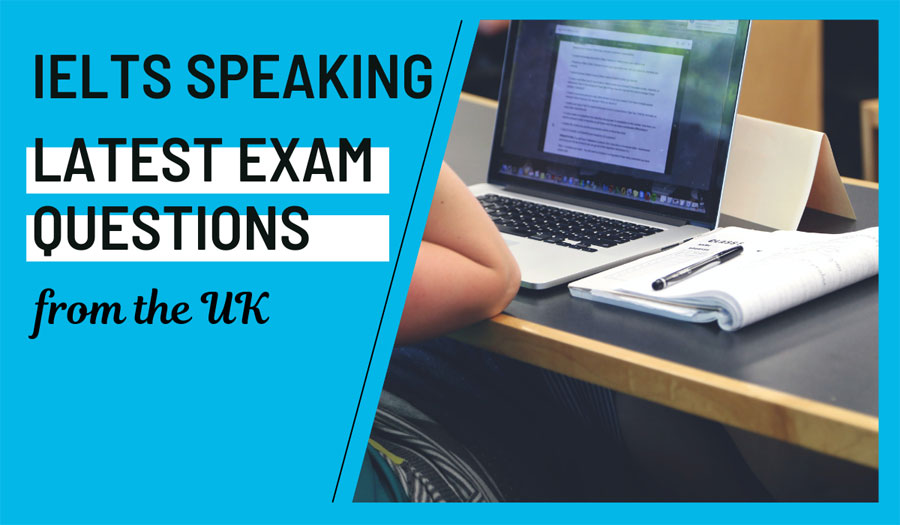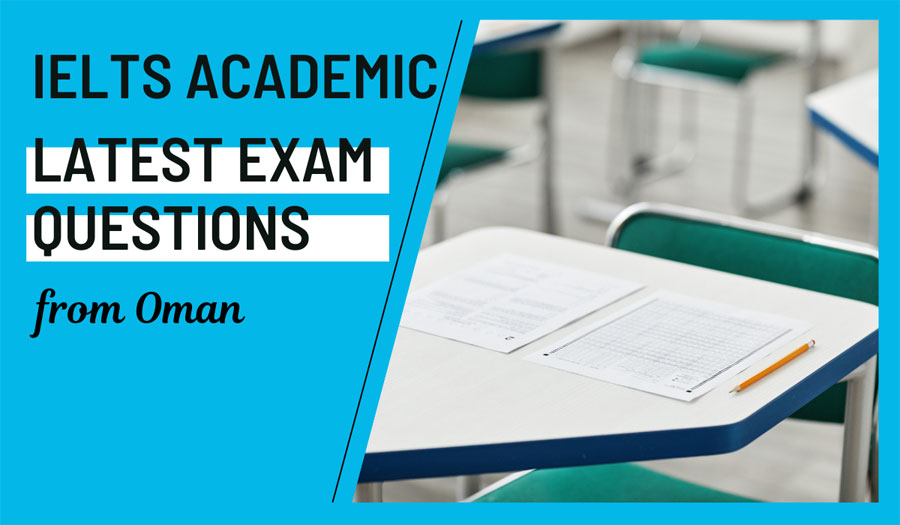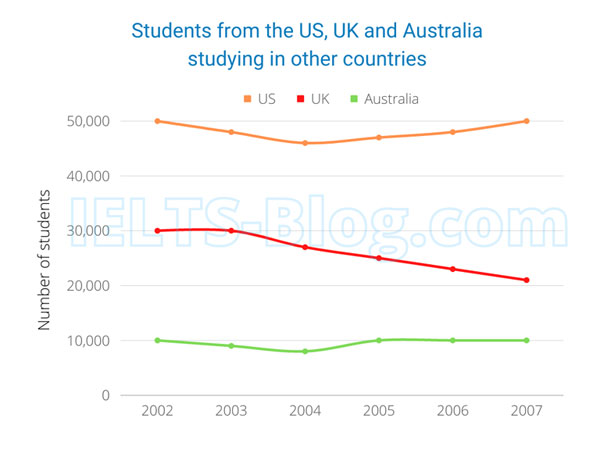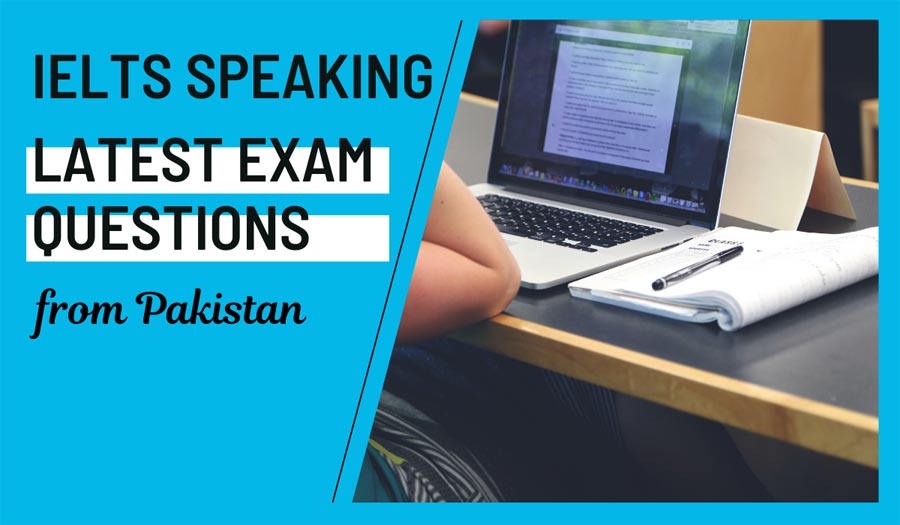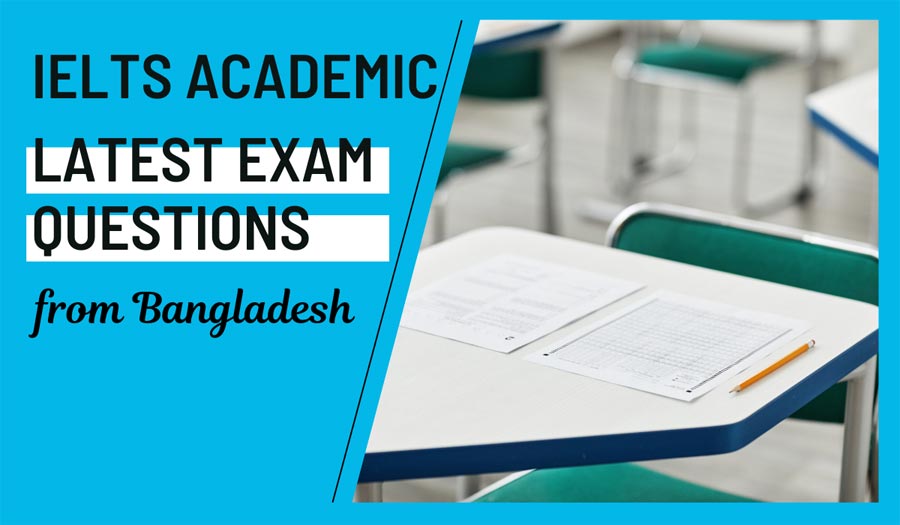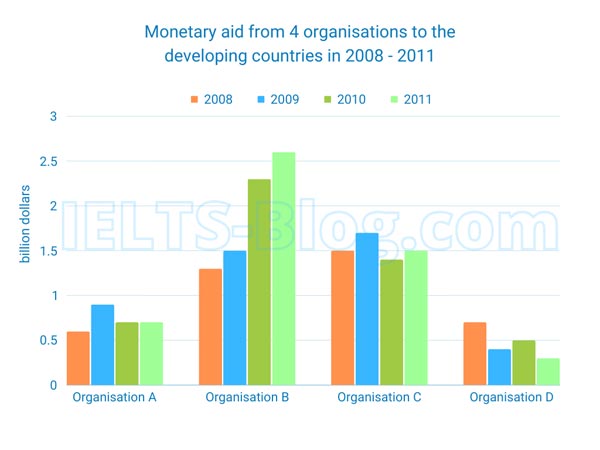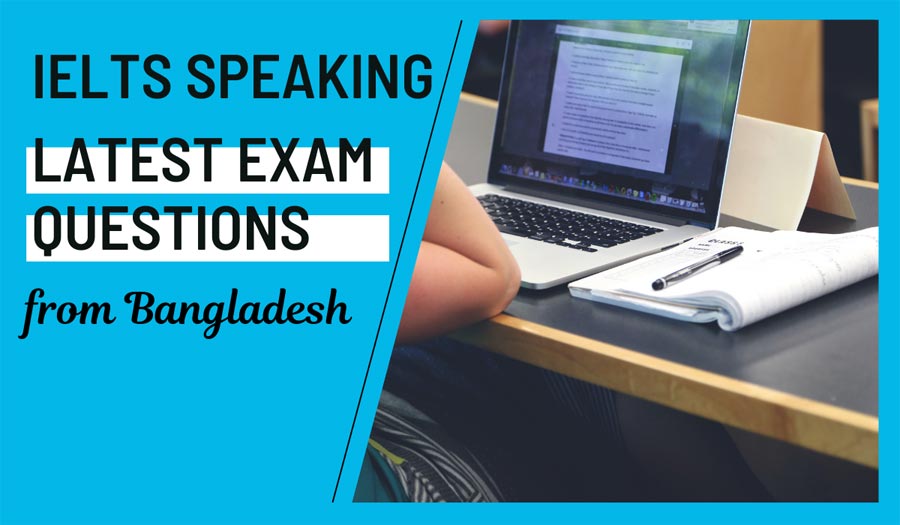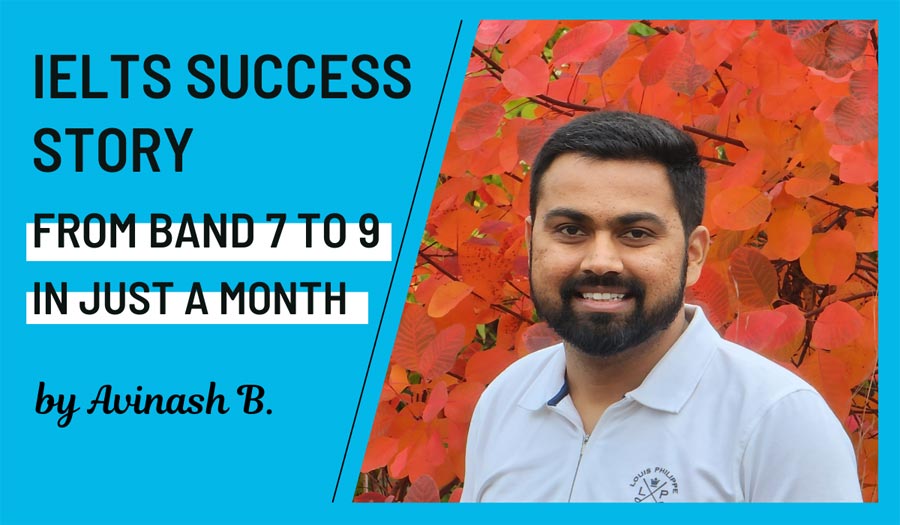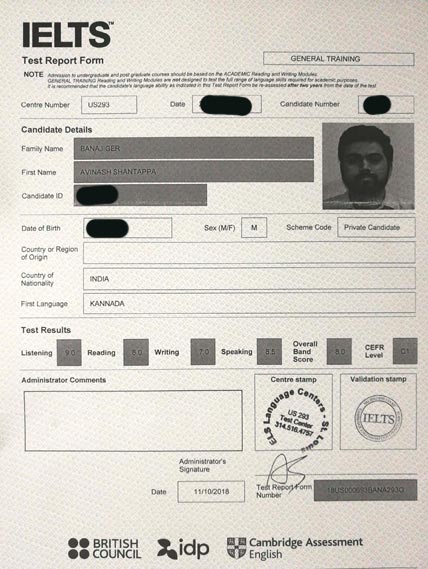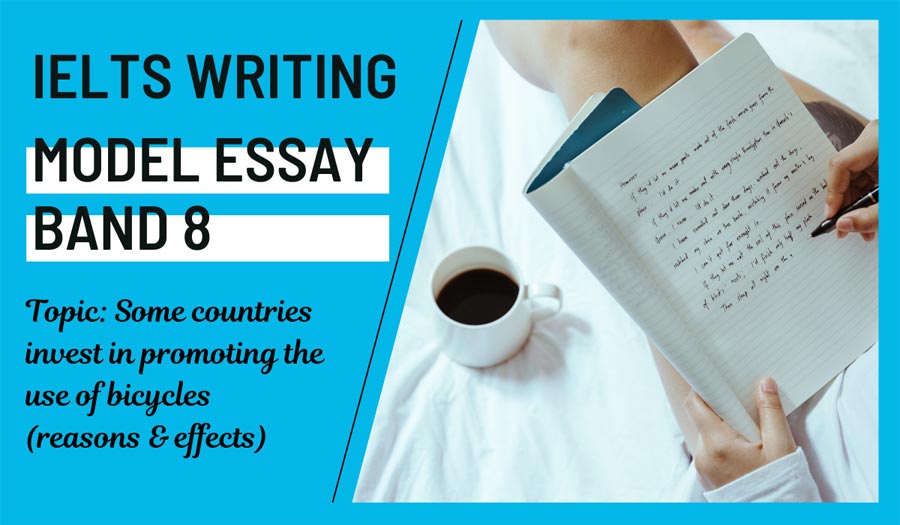
This essay topic was seen in a recent IELTS test in India.
Some countries invest a significant amount of money in promoting the use of bicycles. Why do you think this is the case? Does it have a positive or a negative impact on individuals and the society?
Sample Band 8 Essay
Environmental concerns and health awareness are increasingly at the forefront of public policy, motivating countries to invest heavily in promoting the use of bicycles. It seems to me that this move benefits almost every member of society and, therefore, the investment is justified.
One obvious reason for this investment is the growing recognition of the environmental benefits associated with cycling. Bicycles, as a clean and green mode of transportation, significantly reduce carbon emissions compared to motor vehicles. Cities like Amsterdam and Copenhagen, for instance, have successfully reduced their carbon footprint by implementing extensive cycling infrastructure and encouraging residents to cycle regularly. This shift improves local air quality, making cities more livable and sustainable, while simultaneously contributing to global efforts against climate change.
The promotion of cycling has a profoundly positive impact on public health. Regular bike riding is known to improve cardiovascular health, reduce stress, and enhance overall physical fitness. In Japan, where cycling is currently widely promoted, the population experienced a noticeable decrease in obesity rates and associated health problems. This improvement in public health not only enhances individual quality of life but also eases the burden on public healthcare systems, as a healthier population requires less medical intervention.
In conclusion, the investment in promoting bicycle use by some countries is a strategic response to environmental and health challenges. This approach not only aids in combating climate change and enhancing air quality but also promotes a healthier society. Despite potential initial challenges, the long-term benefits for individuals and society are significant, making this investment a positive and essential step towards a sustainable future.
Teacher’s feedback:
Overall, the essay would likely receive a Band 8. It effectively addresses the task with a clear position, is well-organised, uses a wide range of vocabulary, and demonstrates a high level of grammatical control.
Task Response: Band 8
The essay thoroughly addresses the prompt, presenting a clear opinion (“It seems to me that this move benefits almost every member of society …”) and developing it with relevant, extended ideas and examples. The writer discusses both environmental and health benefits, using specific examples of Amsterdam, Copenhagen, and Japan, which demonstrates an ability to discuss ideas in depth.
Coherence and Cohesion: Band 8
The essay uses a range of cohesive devices effectively. For example, “for instance” introduces examples, and “therefore” is used for conclusions. Each paragraph has a clear central idea and is well-developed, contributing to the overall coherence of the essay.
Lexical Resource: Band 8
The essay uses a variety of vocabulary appropriate to the task. Words and phrases like “motivating,” “profoundly positive impact,” and “strategic response” demonstrate a strong command of language. The vocabulary is used precisely (“carbon footprint,” “cardiovascular health,” “eases the burden on public healthcare systems”), which enhances the clarity of the argument.
Grammatical Range and Accuracy: Band 8
The essay includes a mix of complex structures, such as relative clauses (“In Japan, where cycling is currently widely promoted…) and compound sentences (“This improvement in public health not only enhances individual quality of life but also…). The structures are used accurately.
Submit your essay for correction and find out how to improve your Writing score.
Click here to see more IELTS essays of Band 8
The post IELTS essay, topic: Some countries invest a significant amount of money in promoting the use of bicycles (reasons and effects) first appeared on IELTS-Blog.
https://ift.tt/n9hPF3V
from IELTS-Blog https://ift.tt/DihxMf5
via
IFTTT
